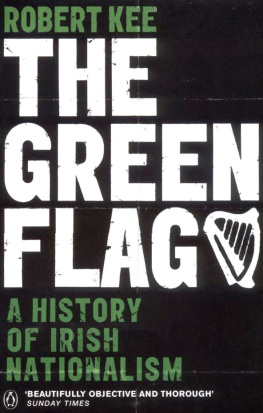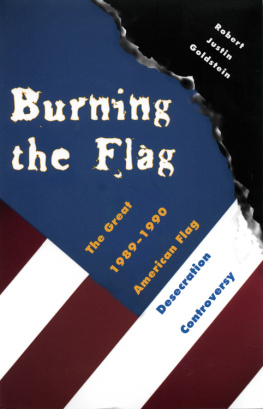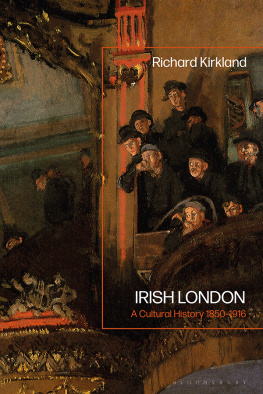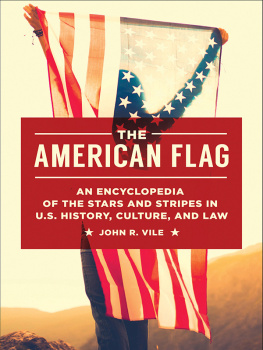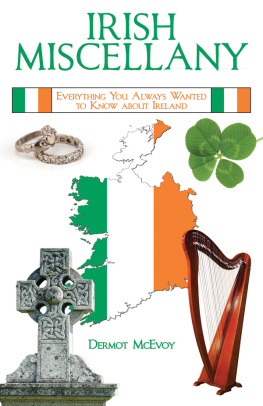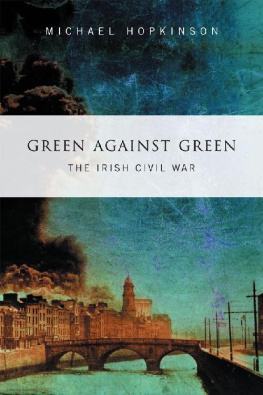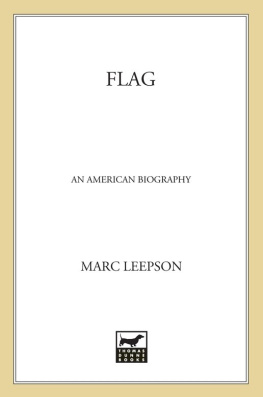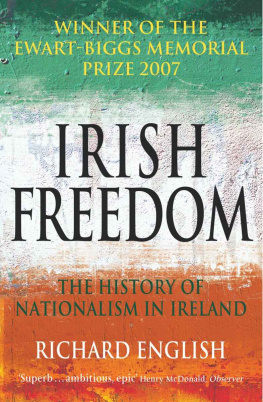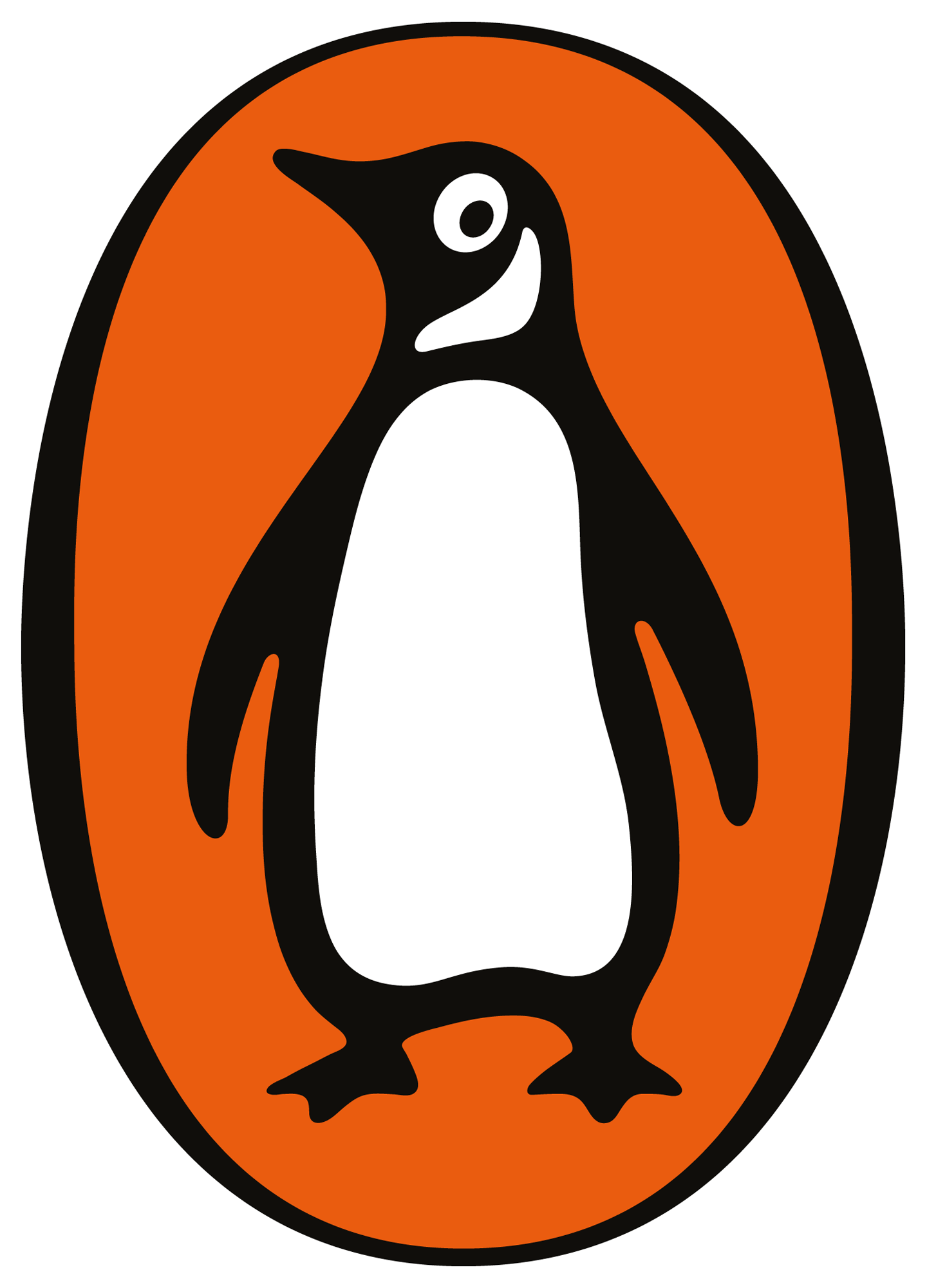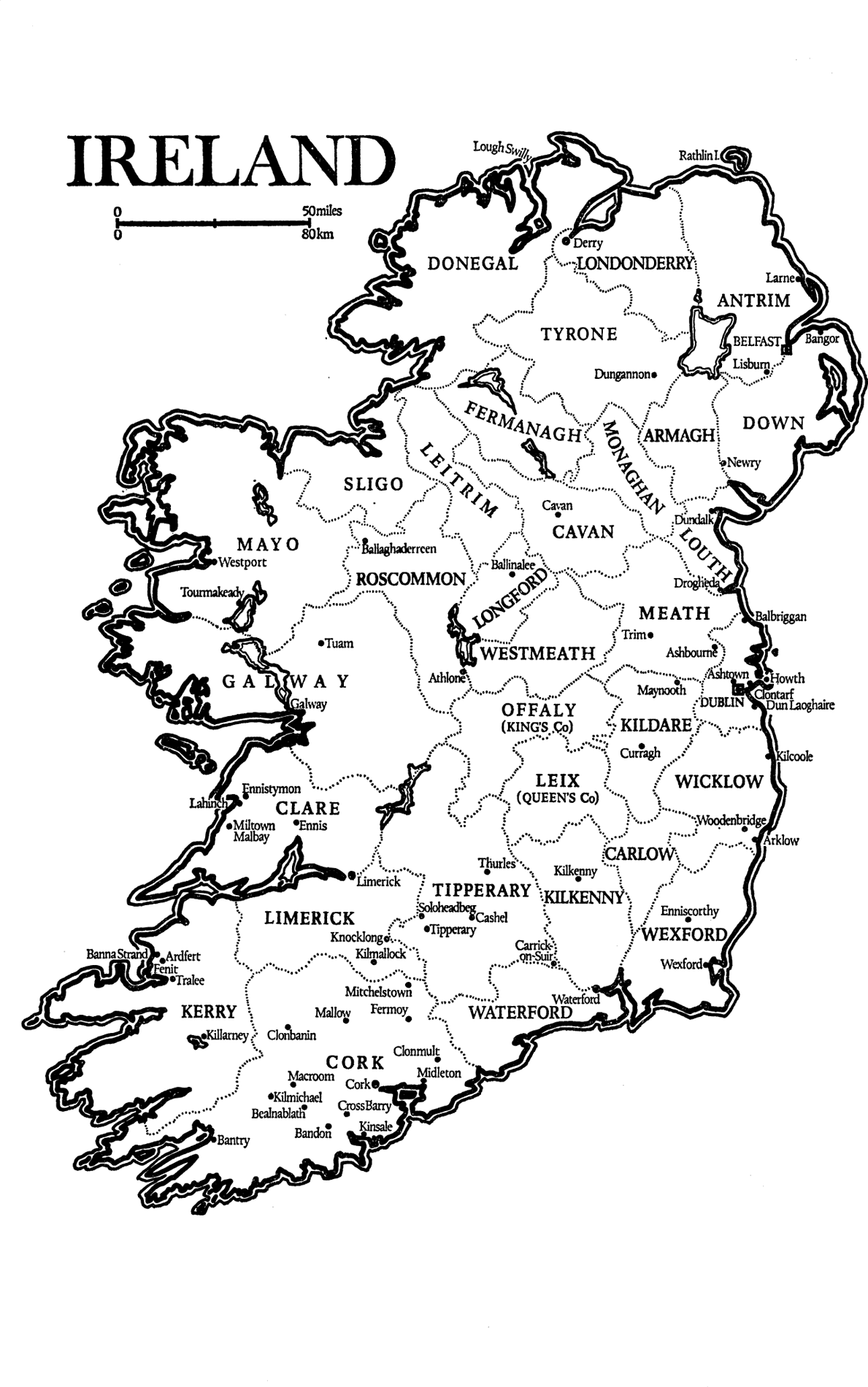Contents
Robert Kee
THE GREEN FLAG
A History of Irish Nationalism
PENGUIN BOOKS
Published by the Penguin Group
Penguin Books Ltd, 80 Strand, London WC 2 R 0 RL , England
Penguin Group (USA) Inc., 375 Hudson Street, New York, New York 10014, USA
Penguin Group (Canada), 90 Eglinton Avenue East, Suite 700, Toronto, Ontario, Canada M 4 P 2 Y 3 (a division of Pearson Penguin Canada Inc.)
Penguin Ireland, 25 St Stephens Green, Dublin 2, Ireland (a division of Penguin Books Ltd)
Penguin Group (Australia), 707 Collins Street, Melbourne, Victoria 3008, Australia (a division of Pearson Australia Group Pty Ltd)
Penguin Books India Pvt Ltd, 11 Community Centre, Panchsheel Park, New Delhi 110 017, India
Penguin Group (NZ), 67 Apollo Drive, Rosedale, Auckland 0632, New Zealand (a division of Pearson New Zealand Ltd)
Penguin Books (South Africa) (Pty) Ltd, Block D, Rosebank Office Park, 181 Jan Smuts Avenue, Parktown North, Gauteng 2193, South Africa
Penguin Books Ltd, Registered Offices: 80 Strand, London WC 2 R 0 RL , England
www.penguin.com
This omnibus first published by Weidenfeld and Nicolson 1972
Published in three volumes by Penguin 1989
This omnibus published in Penguin Books 2000
Copyright Robert Kee, 1972
All rights reserved
Permission to quote from the Collected Works of W. B. Yeats from the executors of W. B. Yeats and from Macmillan and Co.
The cover credits for this title are: Egelnick+Webb
The moral right of the author has been asserted
ISBN: 978-0-141-92771-8
THE BEGINNING
Let the conversation begin...
Follow the Penguin Twitter.com@penguinUKbooks
Keep up-to-date with all our stories YouTube.com/penguinbooks
Pin Penguin Books to your Pinterest
Like Penguin Books on Facebook.com/penguinbooks
Listen to Penguin at SoundCloud.com/penguin-books
Find out more about the author and
discover more stories like this at Penguin.co.uk
To the memory of my father,
Robert Kee (18801958),
and of my mother,
Dorothy Frances Kee (18901964)
A standard to be got for each company ten feet long with a pike in the end, the flag to be of green stuff, about two feet square.
Military instructions from the Leinster Provincial Committee of the United Irishmen, 19 April 1798
QUESTION : You say that the predisposition to discontent which prevails generally is partly to be attributed to the recollections of ancient times?
ANSWER : I think so. I have heard and I believe that that feeling is kept alive in the minds of the people and is one of the causes
Evidence of Mr George Bennett, K.C., before a Select Committee appointed to enquire into the Disturbances in Ireland, given 18 May 1824 (Minutes of Evidence, p. 94)
Nearly a million of our countrymen have fixed their homes in England and Scotland. Every family in the Kingdom is linked by domestic connexion with England every British colony teems with the children of our soil . Deep indeed must be the wounds inflicted upon our national pride, and upon our national interests, before we can consent to deplore the associations which belong to identity of language, similarity of constitutions, connexion of kindred, and community of glory
William Smith OBrien, Letter to The Nation, 30 December 1843
The National Flag is an uncrowned gold harp on a plain green background.
The Irish Volunteer, 18 March 1916
My God, I thought that I would never live to see what is happening today under an Irish government. When we look back on the days when we were oppressed by England it would look like Paradise if we could get the same sort of oppression now.
John Dillon, 9 January 1925
The study of Irish history does not excite political animosity but leads to the very opposite result. Thoroughly to appreciate the history of this or any country it is necessary to sympathise with all parties
A. G. Richey. From A Short History of the Irish People, 1869
Preface
When the original complete volume of The Green Flag appeared in 1972 I wrote in the Preface that it was an attempt to illuminate for the general reader part of the dark and confusing ground of Irish history. Events in the intervening years have made that ground no less dark or confusing.
Here, in the course of a narrative running in detail from the end of the eighteenth century to 1925, when the last fine points of the 1921 Treaty as it affected Northern Ireland were agreed between London and Dublin, I have tried to unfold, as dispassionately as possible, earlier events of which some knowledge is essential for the understanding of anything that has happened, or may happen in Ireland. Knowledge and understanding do not in themselves provide solutions, but there can be no solutions without them.
The first inspiration for The Green Flag came from a magical valley in Co. Wicklow to whose resident spirit I send across many years gratitude and affection.
ROBERT KEE
March 2000
PENGUIN BOOKS
THE GREEN FLAG
Robert Kee is the author of thirteen books, including A Crowd is Not Company, an account of his time in a German prisoner-of-war camp, and his monumental history of Irish nationalism, The Green Flag, which is also published by Penguin in three separate volumes: The Most Distressful Country, The Bold Fenian Men, and Ourselves Alone. His highly acclaimed history of Charles Stewart Parnell and Irish Nationalism, The Laurel and the Ivy, is published by Penguin too. His other books include 1939: The World We Left Behind; 1945: The World We Fought For, and Munich: The Eleventh Hour, published in 1988 to commemorate the fiftieth anniversary of the Munich Agreement. His book, Trial and Error, about the Maguire Seven and Guildford Four cases, played a significant part in helping to right those miscarriages of justice.
He is also a freelance journalist and broadcaster, and has worked for many years on radio and television for both the BBC and ITV, making many documentaries, including a thirteen-part series based on The Green Flag for BBC television entitled Ireland: A History, which received great critical acclaim and was widely shown both here and in the United States. He began his journalistic career on Picture Post, became a special correspondent for the Sunday Times and the Observer, and was at one time literary editor of the Spectator. He is at present employed on a life of Franois Mitterrand.

